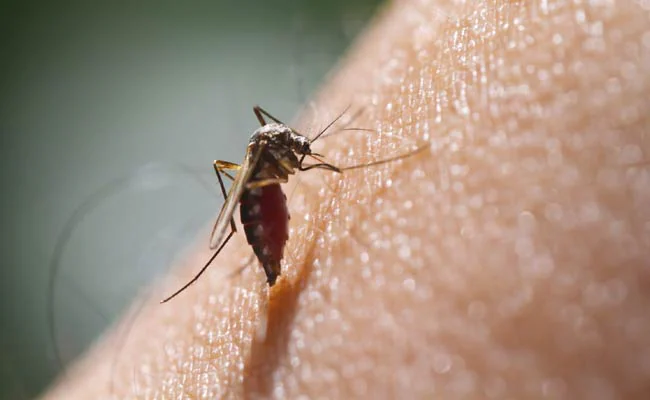The Nigeria Centre for Disease Control and Prevention (NCDC) has issued a public health advisory over the outbreak of the Chikungunya virus in some countries.
Chikungunya is a mosquito-borne viral disease transmitted primarily by the Aedes aegypti and Aedes albopictus mosquitoes—the same vectors responsible for Dengue and Yellow Fever.
Unlike the Malaria-causing Anopheles mosquitoes, Aedes mosquitoes bite during the day, especially early mornings and late afternoons. Therefore, preventive efforts must extend beyond nighttime protection.
Symptoms include sudden-onset fever, joint pain, muscle pain, headache, nausea, fatigue, and rash. Though rarely fatal, the disease can lead to debilitating joint pain that may persist for months and affect quality of life.
Advertisement
According to the World Health Organisation (WHO) and the European Centre for Disease Prevention and Control, over 240,000 cases and 90 deaths have been reported across at least 16 countries so far this year.
China has recorded nearly 5,000 cases since early July 2025, with the country’s Guangdong province alone reporting close to 3,000 cases in a week.
In its advisory published on Friday, the NCDC said it is closely monitoring the global epidemiological situation.
Advertisement
The agency said that while no confirmed Chikungunya cases have been reported in Nigeria in 2025, the environmental conditions conducive to outbreaks are present, especially in flood-affected and high-risk states, and this requires proactive risk reduction.
“With the ongoing rainy season and increased flooding across parts of Nigeria, the risk of mosquito-borne diseases, including Chikungunya, Dengue, and Yellow Fever, is significantly heightened,” the advisory reads.
“This advisory builds on the CDCs’ earlier nationwide alert on flood-related diseases such as Cholera, Yellow Fever, and Dengue fever. The preventive measures outlined in that advisory remain relevant and critical for reducing the risk of Chikungunya, Yellow fever and Dengue transmission as well.”
The NCDC urged Nigerians, especially residents in high-risk areas, to take decisive action to prevent mosquito-borne illnesses. This includes using insecticide-treated mosquito nets while sleeping, wearing protective clothing with long sleeves and trousers, and applying mosquito repellent to exposed skin, particularly in the early morning and late afternoon.
Advertisement
The agency also asked Nigerians to ensure good environmental sanitation, eliminate standing water collections around the home, and wash their hands frequently.
“The existing surveillance and preparedness infrastructure of the Nigeria Centre for Disease Control and Prevention (NCDC), in collaboration with State Governments and Tertiary Institution Laboratories including the National Arbovirus and Vector Research Centre (NAVRC) in Enugu, enables early detection and rapid response to mosquito-borne threats such as Yellow Fever, Dengue, and Chikungunya,” the advisory reads.
“This infrastructure will be leveraged to enhance national readiness and response to any potential Chikungunya outbreaks.”
Advertisement











